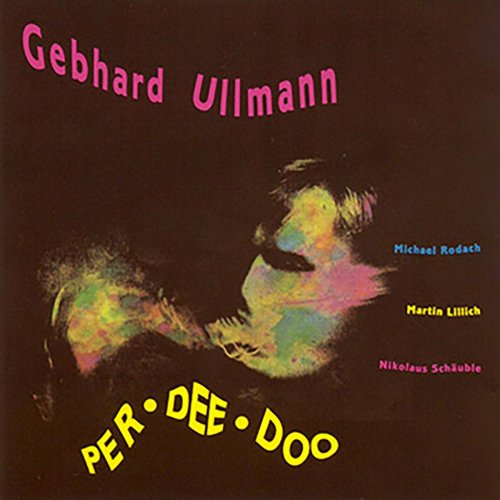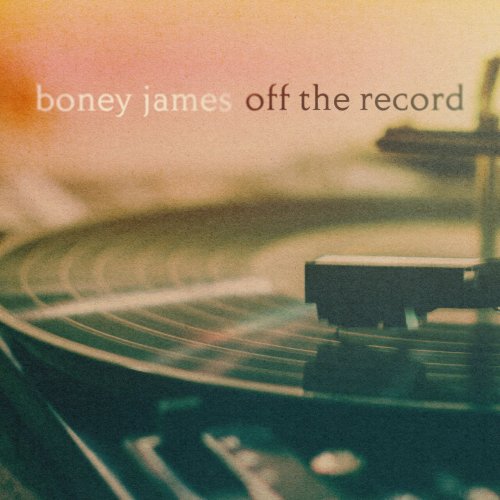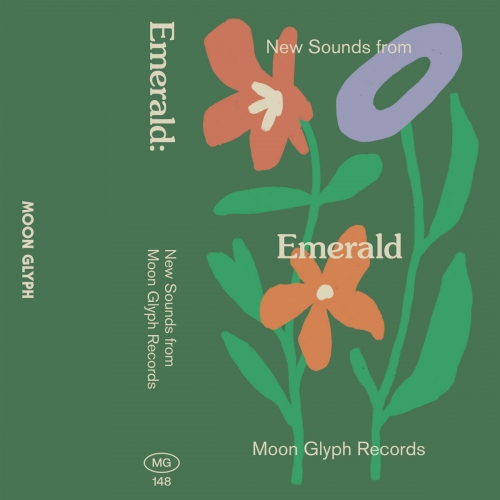James O'Donnell, The Choir Of Westminster Abbey - The Feast of St Michael & All Angels at Westminster (2007)
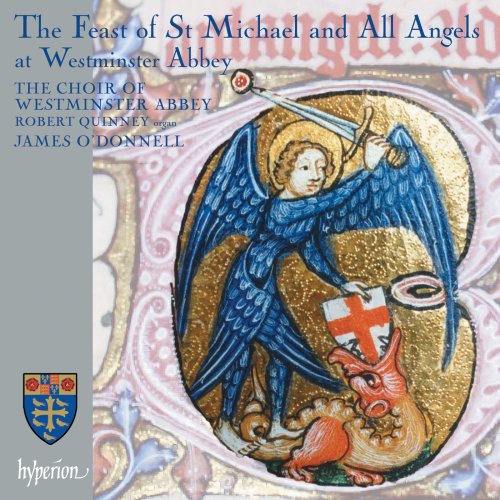
Artist: James O'Donnell, The Choir Of Westminster Abbey
Title: The Feast of St Michael & All Angels at Westminster
Year Of Release: 2007
Label: Hyperion
Genre: Classical
Quality: FLAC (tracks)
Total Time: 01:13:02
Total Size: 263 MB
WebSite: Album Preview
Tracklist:Title: The Feast of St Michael & All Angels at Westminster
Year Of Release: 2007
Label: Hyperion
Genre: Classical
Quality: FLAC (tracks)
Total Time: 01:13:02
Total Size: 263 MB
WebSite: Album Preview
01. Richard Dering
01. Factum est silentium - [03:12]
02. Kenneth Leighton
02. The Preces and Responses: I. The Preces - [01:18]
03. Charles Villiers Stanford
03. Psalm 148 "Laudate Dominum" - [03:15]
04. Ralph Vaughan Williams
04. Te Deum in G Major - [07:06]
05. Benjamin Britten
05. Jubilate Deo in C - [02:33]
06. Kenneth Leighton
06. The Preces and Responses: II. The Responses - [06:33]
07. Jean Langlais
Messe Solennelle for chorus & organ -
07. I. Kyrie - [04:27]
08. II. Gloria - [04:55]
09. III. Sanctus - [01:43]
10. IV. Benedictus - [02:56]
11. V. Agnus Dei - [05:20]12. Michael Tippett
12. Plebs angelica - [03:43]
13. Walter Galpin Alcock
13. Psalm 91 "Qui habitat" - [04:22]
14. Michael Tippett
Magnificat & Nunc dimittis "Collegium Sancti Johannis Cantabrigiense" -
14. I. Magnificat - [04:11]
15. II. Nunc dimittis - [03:09]16. Herbert Howells
16. A Sequence for St Michael - [10:23]
17. Jonathan Harvey
17. Laus Deo - [04:06]
The aim of this program is simple, but it's one that is not often attempted, at Westminster Abbey or anywhere else. To quote the superb notes by conductor James O'Donnell, "This disc contains music you might hear if you visited Westminster Abbey on the Feast of St. Michael and All Angels, commonly called Michaelmas, which falls on 29 September." The program, he goes on, reflects the day's three major services, the Morning Prayer (Matins), Eucharist (Mass), and Evening Prayer (Evensong). Such reenactments of liturgical events, in most places, are centered on music of a specific style, but at Westminster Abbey, with its centuries-long traditions, music of different eras coexist easily within a single segment of music, linked together by the distinctive warm sound of the Abbey's men and boys choir, by its marvelously clear acoustic, and by the liturgical texts involved. From the opening Factum est silentium by little-known Renaissance composer Richard Dering, the music proceeds through a psalm setting by the primly Victorian Charles Villiers Stanford, the unusually exultant Te Deum in G of Vaughan Williams, and the almost playful Jubilate in C of Britten. The Eucharist and Evensong bring yet more new dimensions, with the murky lyricism of the modern French organ school exemplified in the Messe solonelle of Jean Langlais and two extraordinary works (in Latin, strangely enough) by Michael Tippett -- the vaguely antique Plebs angelica and the thorny Magnificat and Nunc dimittis collectively called Collegium Sancti Johannis Cantabrigiense. After Herbert Howells' early Sequence for St. Michael, with the most detailed response to the text of any of the pieces, comes Jonathan Harvey's organ piece Laus Deo in conclusion -- aptly described by O'Donnell as "the opulent psychedelia of Turangalila compressed into four minutes of astonishing energy and power." The program wouldn't have held together in any other setting than this one -- and that is the source of its power: it embodies a living tradition. The choristers articulate the words so clearly that the full texts included (in English only, and Latin where original) are hardly needed. British choral music is not for everyone, but even the Anglicanophobic are hereby urged to give this a try, and also informed that Hyperion records music like this better than anyone else.
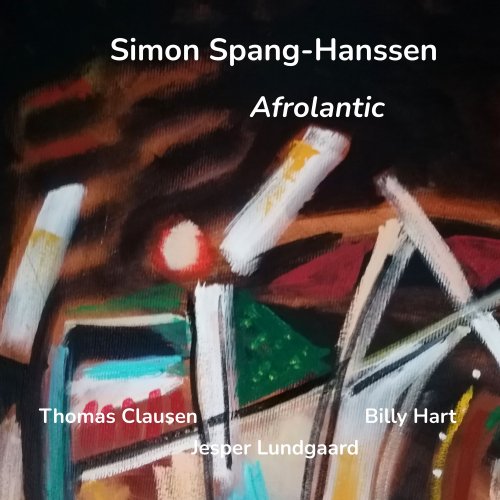
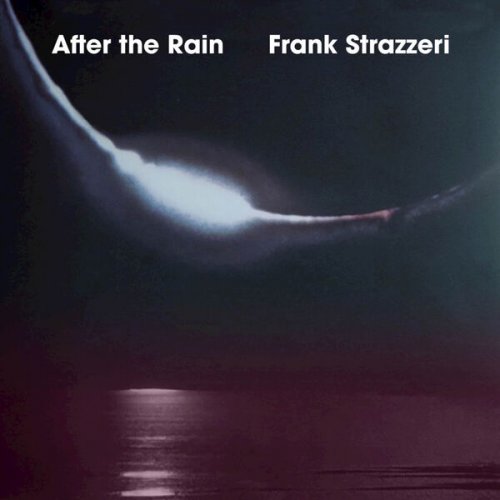
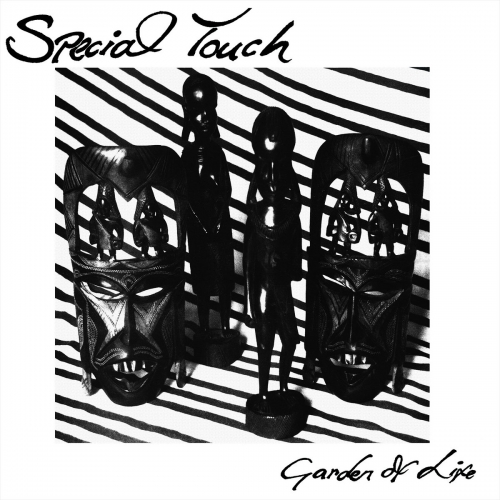
![Criolo, Amaro Freitas, Dino D'Santiago - CRIOLO, AMARO E DINO (2026) [Hi-Res] Criolo, Amaro Freitas, Dino D'Santiago - CRIOLO, AMARO E DINO (2026) [Hi-Res]](https://img.israbox.com/img/2026-01/17/usrf0slui6mhit9yit6clcqw9.jpg)
